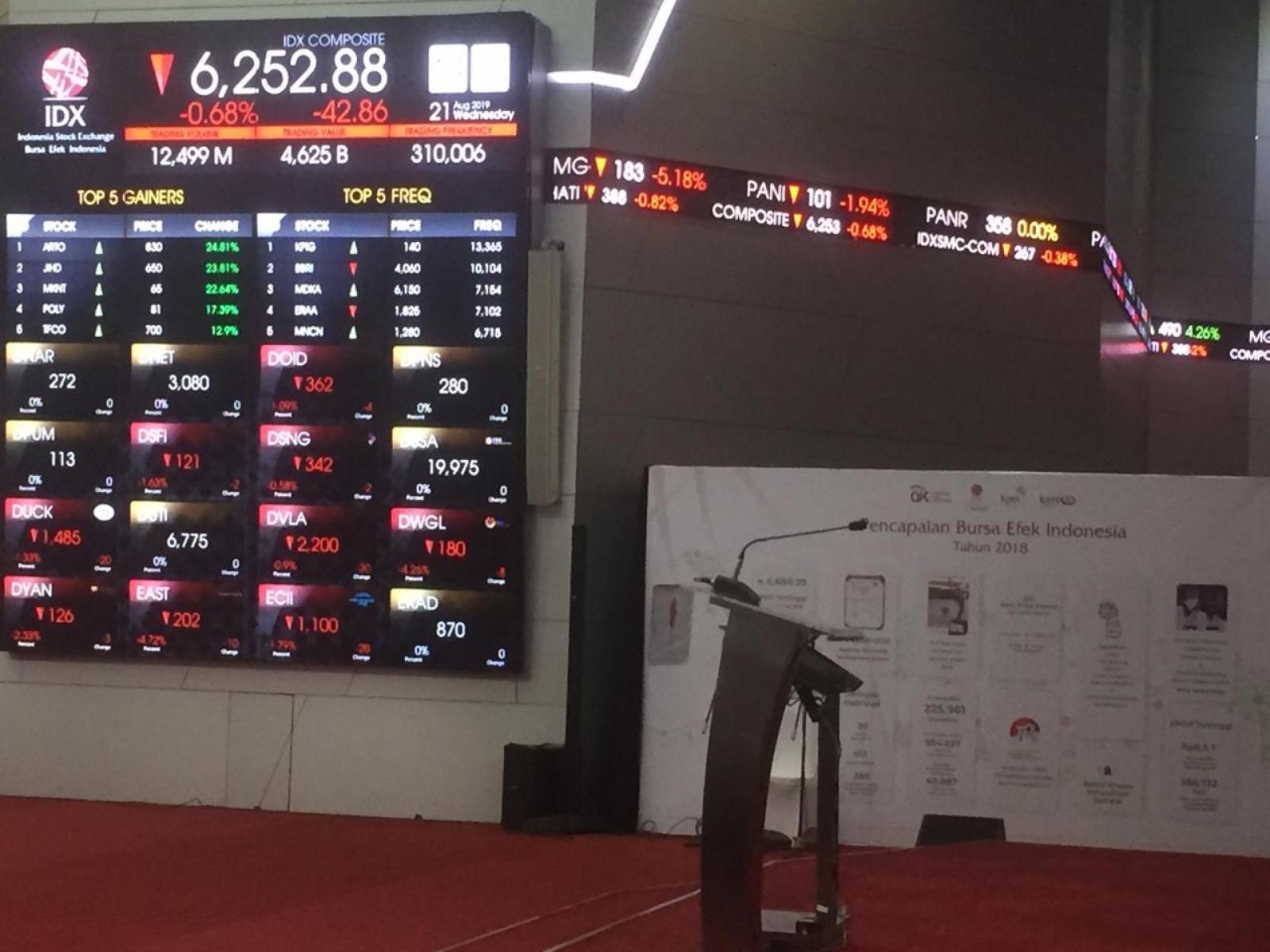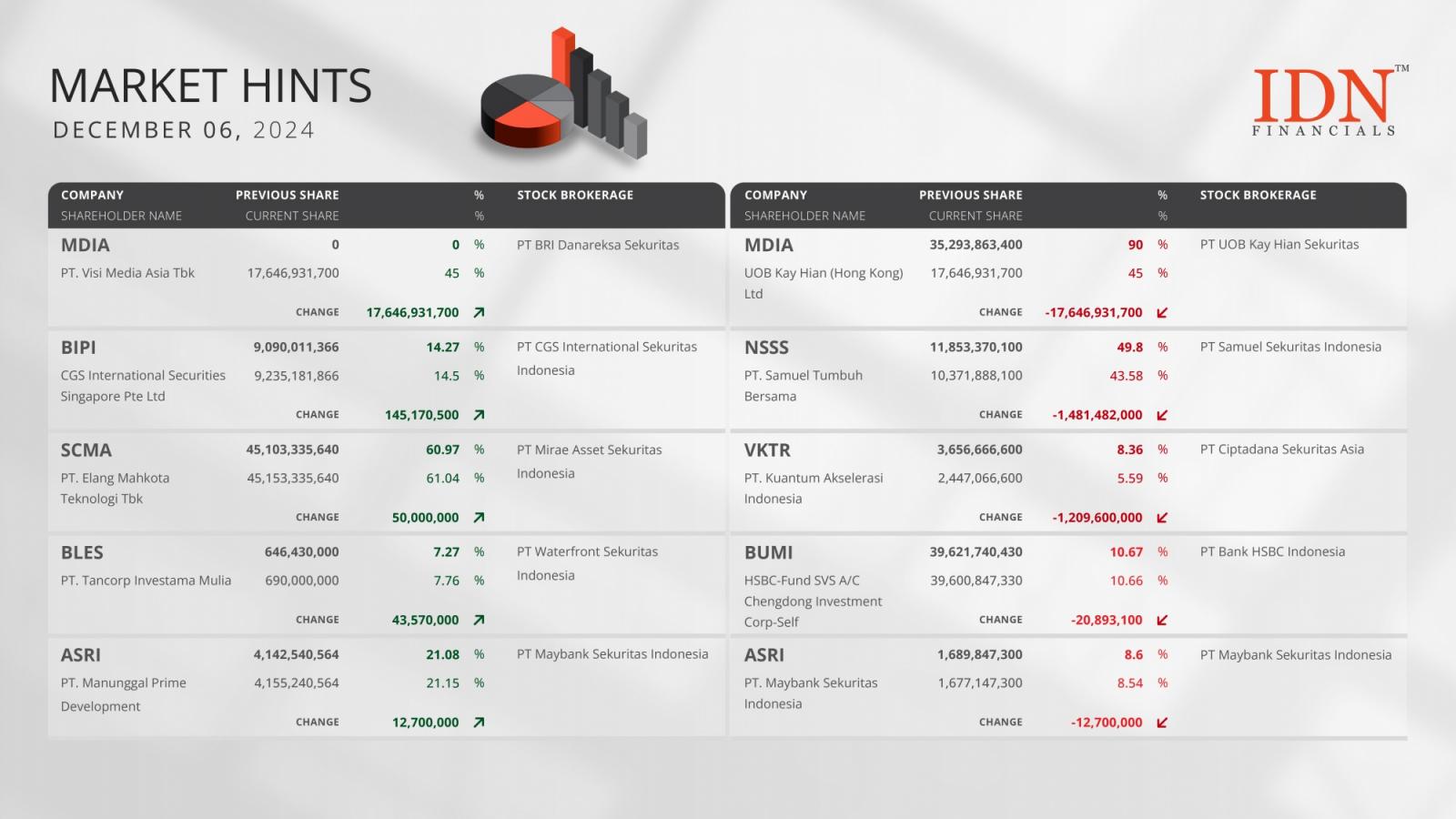Introduction to Bitcoin SV (BSV) Tokens
Bitcoin SV (BSV) is a blockchain that originated from a hard fork of Bitcoin Cash (BCH) in 2018, aiming to restore the original vision of Bitcoin as a scalable, low-cost peer-to-peer electronic cash system. BSV is designed for high transaction throughput and enterprise-grade applications while maintaining Bitcoin’s security and decentralization principles.
Efficiently managing BSV requires a compatible wallet, whether it is a hardware wallet, mobile wallet, desktop wallet, or web-based wallet. This guide explores various wallet options, explains how to add and transfer BSV, and highlights essential security practices to safeguard your funds.
Selecting the right wallet is crucial for smooth transactions, liquidity management, and interacting with Bitcoin SV-based applications. Hardware wallets provide the highest level of security by storing private keys offline, while software wallets such as ElectrumSV, HandCash, and Centbee offer a balance between accessibility and security, allowing users to manage their assets conveniently. Many of these wallets also integrate features such as tokenized asset management and micropayments.
Furthermore, securely storing private keys, identifying phishing attempts, and enabling two-factor authentication (2FA) are key measures to prevent unauthorized access to your assets. Whether you’re a trader, developer, or long-term investor, having a reliable Bitcoin SV-compatible wallet ensures efficient BSV management while minimizing security risks.
Choosing the Right Wallet for Your BSV
Types of BSV Wallets
Bitcoin SV (BSV) is a blockchain designed to provide scalability, low-cost transactions, and enterprise-grade applications. Efficiently managing BSV requires selecting the right wallet, whether a hardware wallet, mobile wallet, desktop wallet, or web-based wallet.
This guide explores different wallet options, explains how to add and transfer BSV, and highlights essential security measures to protect your assets.
Best Wallets for Managing BSV
Hardware Wallets (e.g., Ledger, Trezor): Best for long-term security and large holdings.Mobile Wallets (e.g., HandCash, Centbee, ElectrumSV): Great for on-the-go access and fast transactions.Desktop Wallets (e.g., ElectrumSV, Atomic Wallet): Ideal for advanced users who want enhanced security and control.Web Wallets (e.g., Money Button, RelayX): Convenient but riskier, as private keys are stored online.
Security: Your Assets’ First Line of Defense
Security should be a top priority when choosing a wallet. A secure wallet protects against phishing attacks, unauthorized access, and potential exploits.
Hardware wallets such as Ledger and Trezor offer the highest level of security by keeping private keys offline, making them resistant to hacking attempts.Software wallets like HandCash, Centbee, and ElectrumSV provide security features such as encrypted private keys and two-factor authentication (2FA) but remain connected to the internet, making them more vulnerable to cyber threats.
To Improve Wallet Security:
Enable two-factor authentication (2FA) where possible.Use strong passwords and store your seed phrase securely offline.Avoid sharing your seed phrase or storing it digitally.Consider using a combination of a hardware wallet and a software wallet for additional protection.
Ease of Use: A Smooth User Experience
A wallet should be intuitive and user-friendly, especially for beginners.
HandCash is one of the most popular wallets for storing BSV, offering an easy-to-use mobile interface, instant payments, and peer-to-peer transaction support.Centbee provides a user-friendly mobile app with easy integration for buying and spending BSV.ElectrumSV is a desktop wallet that offers enhanced security and control over private keys, making it a great choice for advanced users.
For users who prefer mobile accessibility, wallets like HandCash and Centbee offer well-designed mobile apps that provide secure and convenient access to BSV.
Beyond ease of use, an ideal wallet should also offer features like:
BSV payments and managementInstant peer-to-peer transactionsIntegration with applications and services
Functionality: More Than Just Storage
A good wallet does more than just store BSV—it should offer features that enhance the overall user experience. Advanced users often require:
Direct integration with BSV applications for faster payments and micropayments.Smart contract and tokenized asset support for enterprise and development use cases.Multi-device compatibility for users managing assets across different platforms.
For example:
HandCash and Centbee provide fast transaction capabilities for payments and everyday use.ElectrumSV is best for users who want desktop-based enhanced security and private key management.
Considerations for Choosing a Wallet
Before selecting a BSV wallet, consider the following:
Security Preferences: Hardware wallets (like Ledger Nano X) offer the highest security as they store private keys offline, while web wallets, though convenient, are more susceptible to phishing attacks and hacks.Ease of Use: Mobile wallets such as HandCash and Centbee provide user-friendly interfaces, making them ideal for beginners.Additional Features: Some wallets support BSV application integration, tokenized asset storage, and business use cases, enhancing their overall functionality beyond simple storage and transfers.
Popular Wallets for BSV
Ledger Nano X: A top-tier hardware wallet offering secure cold storage for BSV.Trezor: Another highly secure hardware wallet option for long-term BSV storage.HandCash: A mobile wallet offering instant BSV transactions and integration with apps.Centbee: A user-friendly mobile wallet designed for easy BSV payments and spending.ElectrumSV: A desktop wallet with advanced security and key management features.Money Button: A web wallet enabling simple and seamless BSV transactions.RelayX: A browser-based wallet with NFT and BSV payment support.
1. Ledger Nano X


The Ledger Nano X is a top-tier hardware wallet offering cold storage security for Bitcoin SV (BSV) and other cryptocurrencies. By keeping private keys completely offline, it protects against hacks, phishing, and malware attacks.
Ledger Nano X integrates with third-party wallets like ElectrumSV, allowing users to store and manage BSV securely. With Bluetooth connectivity, mobile compatibility, and multi-asset support, Ledger Nano X provides both flexibility and top-tier security, making it an ideal choice for long-term BSV storage.
2. Trezor


Trezor is another highly secure hardware wallet that supports Bitcoin SV (BSV). Like Ledger, it ensures that private keys never leave the device, providing cold storage security against online threats.
Trezor’s user-friendly interface and open-source firmware make it a great option for those looking for enhanced security and transparency. Users can store, send, and receive BSV securely while integrating with third-party wallets like ElectrumSV.
3. HandCash


HandCash is a popular mobile wallet known for its instant BSV transactions and app integrations. Designed for everyday payments, HandCash allows users to send, receive, and spend BSV effortlessly.
With its simple username system, users don’t need long wallet addresses to send funds. HandCash also integrates with various Bitcoin SV apps, making it an excellent choice for those looking to use BSV in gaming, tipping, and microtransactions.
4. Centbee


Centbee is a user-friendly mobile wallet designed for easy BSV payments and spending. It focuses on real-world adoption, allowing users to buy BSV, send money, and make purchases using Bitcoin SV.
Centbee offers a simple and intuitive interface, making it an ideal choice for beginners. With built-in features such as gift card purchases and merchant payments, Centbee helps drive mainstream adoption of BSV.
5. ElectrumSV


ElectrumSV is a desktop wallet providing advanced security and key management features for Bitcoin SV users. It is designed for those who prefer full control over their funds and private keys.
With multi-signature support, hardware wallet integration (Ledger & Trezor), and coin control features, ElectrumSV is the best option for power users and developers who want an advanced BSV wallet.
6. Money Button
Money Button is a web-based wallet designed for seamless Bitcoin SV transactions. It features a one-click payment system, making it easy to send and receive BSV with minimal friction.
Money Button also supports tokenized assets, smart contracts, and payments for digital content, making it an excellent choice for content creators, businesses, and developers looking for BSV payment integration.
7. RelayX


RelayX is a multi-functional Bitcoin SV wallet offering BSV payments, NFT support, and Web3 integration. It allows users to buy, sell, and trade digital assets on the BSV blockchain.
With its built-in NFT marketplace, RelayX is the go-to wallet for BSV-based digital collectibles and tokenized assets. It also offers cross-platform access, making it a powerful wallet for both mobile and desktop users.
Final Thoughts
Choosing the right wallet depends on your needs:
For maximum security: Ledger Nano X and Trezor offer cold storage solutions.For everyday payments: HandCash and Centbee provide fast and user-friendly transactions.For advanced security and control: ElectrumSV is the best desktop option.For web-based transactions and business use: Money Button enables seamless BSV payments.For NFTs and tokenized assets: RelayX offers full Web3 integration.
By prioritizing security, usability, and additional features, users can safely manage their BSV holdings while taking advantage of the Bitcoin SV ecosystem.
How to Add Bitcoin SV (BSV) to Your Wallet
Once you have selected your wallet, the next step is to add Bitcoin SV (BSV) to it. The process varies depending on whether you’re using a mobile/desktop wallet or a hardware wallet.
For Mobile & Desktop Wallets (HandCash, Centbee, ElectrumSV, Money Button, RelayX, etc.)
Download and install the wallet app or software from the official website or app store.Create a new wallet or import an existing one using your seed phrase.Ensure your balance is visible: Your wallet should display supported tokens automatically.
To add BSV:
Navigate to the wallet’s cryptocurrency list or settings.Search for Bitcoin SV (BSV) or manually enter the BSV network details.Click Add to complete the process.
For Hardware Wallets (Ledger Nano X, Trezor, etc.)
Connect your Ledger or Trezor hardware wallet via USB or Bluetooth.Install the wallet’s official app (e.g., Ledger Live, Trezor Suite) and navigate to the supported assets list.Install the Bitcoin SV (BSV) blockchain app on your hardware device.Use a compatible wallet (e.g., ElectrumSV) to connect your Ledger or Trezor for secure storage.Manually add BSV by entering the correct blockchain details if needed.
Managing & Transferring Bitcoin SV (BSV) Tokens
Once your wallet is set up, you can send and receive BSV seamlessly, whether using a hardware wallet, mobile app, desktop wallet, or web-based wallet. The process typically involves generating a unique wallet address, which can be shared with others to receive funds. Most wallets offer a copy-and-paste function or a QR code scanner, making transactions quick and minimizing errors.
Sending BSV
Open your wallet and select Bitcoin SV (BSV) from your token list.Click “Send” and enter the recipient’s wallet address.Enter the amount of BSV to send.Adjust the network fee if applicable (fees are usually minimal on BSV’s network).Confirm and complete the transaction. Your wallet may prompt you to verify details before finalizing.
Receiving BSV
Navigate to the “Receive” or “Deposit” section in your wallet.Copy your wallet address for Bitcoin SV.Share the address with the sender or use the QR code for faster entry.Verify the transaction in your wallet once BSV is received.
Since Bitcoin SV operates on its own blockchain, always double-check that both the sender and recipient are using the correct BSV address format to avoid loss of funds.
Security Best Practices
1. Use a Hardware Wallet for Large BSV Holdings
If you hold a significant amount of BSV, consider storing it in a hardware wallet like Ledger Nano X or Trezor rather than a software or web wallet. Hardware wallets keep your private keys offline, making them immune to hacks, malware, and phishing attacks.
2. Double-Check Wallet Address Before Sending BSV
Before transferring BSV, always verify that you are using the correct wallet address. Since Bitcoin SV has its own blockchain, sending BSV to an incompatible address (such as a Bitcoin or Bitcoin Cash address) can result in irreversible loss.
Confirm the recipient’s wallet address before sending.Check the deposit address on exchanges to ensure you are sending BSV to the correct blockchain.Be mindful of deposit addresses—sending BSV to an incorrect network could cause permanent loss.
3. Beware of Scam Wallets – Always Use Trusted BSV Wallets
Scammers often create fake wallets or phishing websites to steal private keys. Always download Bitcoin SV wallets from official sources such as HandCash, Centbee, ElectrumSV, Money Button, and RelayX.
Be cautious of unsolicited messages or random tokens appearing in your wallet.Never send BSV to investment schemes promising high returns—these are often scams.
4. Store Your Seed Phrase Securely – Never Share It Online or with Anyone
Never store it digitally (such as in a notes app, email, or cloud storage).Write it down on paper and store it in a secure, offline location.Never share your seed phrase with anyone—no legitimate wallet provider will ever ask for it.
5. Enable Two-Factor Authentication (2FA) & Biometric Security for Web or Mobile Wallets
Enable 2FA using an authenticator app (Google Authenticator, Authy) for added security.Lock your wallet when not in use and avoid using public Wi-Fi when accessing funds.Check for suspicious browser extensions or apps that might have access to your private keys.
Earning Passive Income with Bitcoin SV (BSV)
Unlike proof-of-stake (PoS) cryptocurrencies such as Ethereum (ETH) or Cardano (ADA), Bitcoin SV (BSV) does not use staking for network security or consensus. However, there are still ways to earn passive income with BSV through lending, liquidity provision, and various Bitcoin SV-based applications.
Alternative Ways to Earn Rewards on BSV
Even though BSV cannot be staked in a traditional PoS mechanism, users can earn passive income using different strategies:
Lending BSV on Centralized PlatformsSome centralized platforms like Binance, OKX, and Nexo allow users to deposit BSV into lending programs and earn interest over time.By lending BSV, users provide liquidity to borrowers and earn a share of interest payments.Earning Yield on DeFi or CeFi PlatformsBitcoin SV has emerging platforms offering decentralized financial services where users can participate in yield farming or staking-like savings programs.Always research each platform to ensure security and reliability before depositing funds.Providing Liquidity in BSV-Based ApplicationsSome Bitcoin SV applications and exchanges offer rewards for users who provide liquidity for trading pairs.RelayX, a BSV-based exchange, has liquidity pools where users can contribute and earn a percentage of trading fees.BSV-Based Tokenized Asset InvestmentsSome platforms allow users to invest in tokenized assets or businesses built on the Bitcoin SV blockchain, providing potential dividends or revenue-sharing opportunities.
Key Considerations Before Earning Interest on BSV
Risk of Platform Failure – Ensure the platform you use has strong security measures and liquidity.Interest Rate Fluctuations – Earnings may vary based on supply, demand, and market conditions.Smart Contract Risks – If using decentralized applications, always verify that the smart contracts are secure and audited.Withdrawal Restrictions – Some platforms may require users to lock funds for a fixed period before allowing withdrawals.
While BSV cannot be staked, there are alternative ways to earn passive income, including lending, liquidity provision, and participating in tokenized asset investments. Always research platforms carefully and assess risks before investing your funds.
Using BSV in Applications, DeFi, and NFTs
Bitcoin SV (BSV) is a scalable blockchain known for its ability to handle high transaction volumes with low fees. As a result, BSV plays a crucial role in applications, tokenized assets, and digital marketplaces. Whether used for online payments, gaming rewards, or NFT purchases, BSV provides a seamless experience for both retail and institutional users.
Popular Platforms Supporting BSV
HandCash – A wallet and payment app supporting instant BSV transactions.RelayX – A Bitcoin SV-based trading and NFT marketplace.Money Button – A simple web wallet and payment system for businesses and content creators.Twetch – A social media platform where users can earn BSV for engaging content.
Popular NFT Marketplaces Accepting BSV
RelayX – A growing NFT marketplace built on the BSV blockchain, offering digital collectibles and tokenized assets.Fabriik – A digital marketplace where users can buy and sell BSV-based NFTs.
How to Buy & Sell NFTs Using BSV
1. Connect Your Wallet to a BSV NFT Marketplace
Use a Bitcoin SV-compatible wallet such as RelayX or HandCash.Connect it to a trusted NFT marketplace like RelayX.Always verify the official website to avoid phishing scams.
2. Fund Your Wallet with BSV
Before purchasing NFTs, ensure your wallet has BSV.You can acquire BSV from exchanges like Binance or OKX and transfer it to your wallet.
3. Browse and Purchase NFTs Using Your BSV Balance
Explore different NFT collections, filtering by category, price, and rarity.Select an NFT and review its ownership history and market value before buying.Confirm the transaction with your wallet, ensuring you are using the correct details.
Choosing the Right Wallet for BSV
Selecting the right Bitcoin SV-compatible wallet is essential for security, accessibility, and seamless transactions. With various options available, users must evaluate wallets based on functionality, ease of use, and safety measures.
1. Hardware Wallets (Best for Long-Term Security)
For users prioritizing security, hardware wallets like Ledger Nano X and Trezor offer offline storage, making them resistant to hacks and phishing attacks. These wallets are ideal for long-term BSV storage but may lack the convenience needed for frequent transactions.
2. Software Wallets (Best for Accessibility & Application Integration)
For a balance of security and accessibility, software wallets like HandCash, Centbee, and RelayX provide a user-friendly experience.
Essential Security Tips for Managing BSV
Use Hardware Wallets for Large Holdings.Verify Network Compatibility.Beware of Fake Wallets & Scams.Enable Two-Factor Authentication (2FA).Store Your Seed Phrase Securely.
Final Thoughts
Bitcoin SV (BSV) is a blockchain designed for scalability, low-cost transactions, and enterprise adoption. Unlike proof-of-stake networks, BSV does not offer traditional staking, but users can still earn passive income through lending, liquidity provision, and application-based rewards.
When choosing a wallet for BSV, security should be a top priority. Hardware wallets like Ledger Nano X and Trezor provide the highest level of protection for long-term storage, while software wallets such as HandCash, Centbee, and RelayX enable convenient access to BSV-based applications. For those engaging in frequent transactions, ensuring platform compatibility and robust security measures—such as two-factor authentication (2FA) and secure storage of private keys—is essential.
Additionally, earning passive income with BSV requires careful consideration of platform risks, smart contract security, and fluctuating rewards. Whether lending BSV, adding liquidity to trading platforms, or participating in NFT marketplaces, users must research each opportunity thoroughly to minimize risks and maximize returns.
As blockchain technology continues to evolve, Bitcoin SV remains a crucial asset for users who want to take advantage of scalable, low-cost digital transactions. By following best security practices, choosing the right wallet, and leveraging BSV’s capabilities in applications, DeFi, and NFTs, users can optimize their crypto holdings while safeguarding their assets in an increasingly digital financial landscape.
Stay informed, protect your investments, and take full advantage of the opportunities within the cryptocurrency space!






